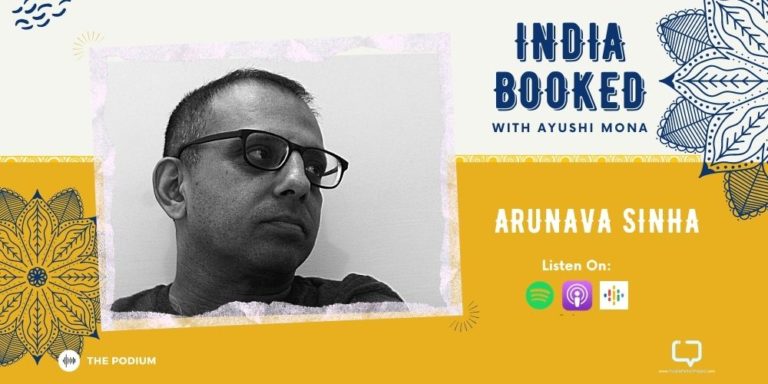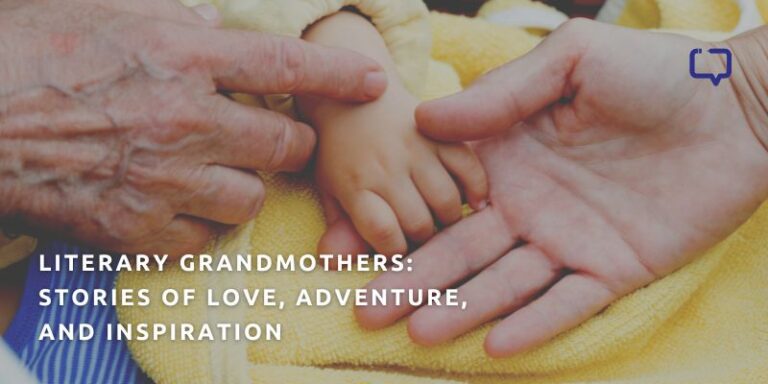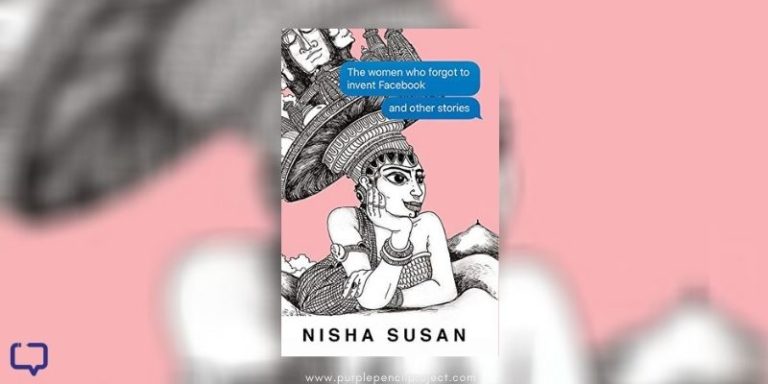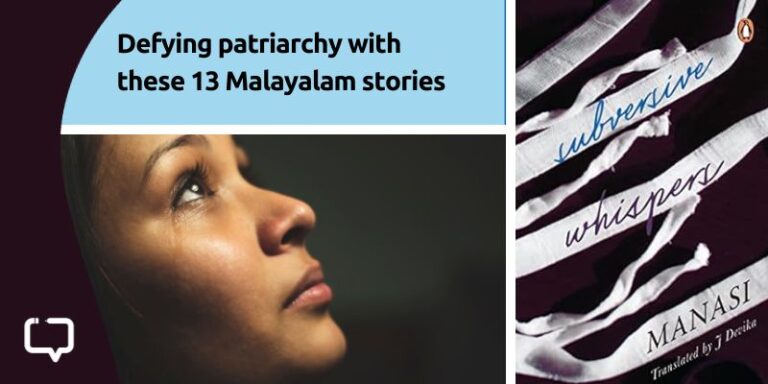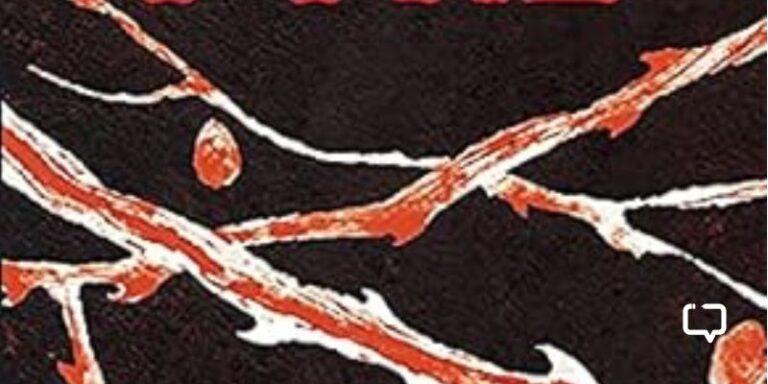Author Tabish Khair’s Night of Happiness is a difficult tale to slot. It has elements of a thriller, and a paranormal tale, and also makes reference to real-life incidents like the Gujarat pogrom.
We encourage you to buy books from a local bookstore. If that is not possible, please use the links on the page and support us. Thank you.
The title of the book refers to the festival Shab-e-Barat, an occasion when certain Muslim communities visit the grave of their ancestors to pray and offer halva.
It is the only festival that Ahmed, a hard-working but reclusive employee of businessman Anil Mehrotra asks for leave to attend.
Mehrotra is the product of privilege, both in terms of his religion as well as his upbringing. He has an enviable academic background as well with an MBA and a PhD in Business Communication. With Ahmed, Khair creates the perfect foil for Mehrotra. Ahmed grew up in a small town called Phansa and started working at a young age as a travel guide to support the only earning member of his family: his widowed mother. He picked up languages from travellers he met, and because of his fair dealings and loyalty, he endears himself to his employer.
Things get tense once Mehrotra visits Ahmed one rainy night on Shab-e-Barat. Expecting to meet Ahmed’s wife and eat her famed halva, he is instead faced with a surreal experience when neither materialises. This fills Mehrotra with an ominous foreboding about his trusted employee and he hires a private detective to investigate his family and his past.
While the accounts of the detective Devi Prasad reveal more details about the enigmatic-but-trustworthy Ahmed, Mehrotra’s analysis of the findings speaks for his own narrow-minded, self-obsessed character. Mehrotra represents the power of belonging to a majority, privileged community. He prides himself on not being a fanatic, and yet he judges Ahmed based on his prejudices, wilfully choosing to ignore his stellar record at the organisation, and discounting incidents that disprove the notion that Ahmed is a religious bigot.
Take how he approaches Ahmed’s application for instance:
I guess I had called him for the interview because of his name — he was the only Muslim applicant. Oh well, I thought, now I bloody well have to. But I was also prepared to reject him. Honestly, I had almost made up my mind to reject him. I did not want to feel prejudiced by not giving him a chance, but I had never known a Muslim intimately, and well, you know how it is in such matters. One wants to work with known factors. First rule in business, first rule in life: work with known factors.
Ahmed is not just someone without a surname in the book, he is also rendered voiceless and invisible. Even though he voices his unorthodox opinions on religious conversion and the purdah system to Mehrotra, the latter struggles to see him as an individual with unique opinions and not just as a member of a community.
The book leaves a lot unsaid but also reveals uncomfortable truths about our inherent bias towards people from other communities, how we are not as ‘liberal’ as we think we are, and about incidents like the Gujarat pogrom that are swept under the carpet because the majority community cannot face up to the guilt.
Khair’s style is deceptively simple with a single narrator sharing an anecdote, but it has hints of magical realism and reads like a thriller. The writing is poetic with lines like, “The rain spoke with greater harshness in Ahmed’s part of the city,” and “The wind was like an animal in pain; the thunder made even me think of the voice of the gods.”
While most of the book revolves around the fateful night, it successfully manages to create a sense of drama and the sense that things aren’t going to turn out well for anyone. So effective and taut is the narrative, that I ended up finishing this book in just one sitting at night, and was unable to sleep afterwards.
Night of Happiness will haunt you long after you finish reading it; a must-read in today’s polarised society, lest we end up like the Anil Mehrotras of the world.
Night of Happiness has been longlisted for the DSC Prize for South Asian Literature 2018. It’s a well-deserved entry.
Favourite Quote:
People are generous when you speak to them in their own language. They are nicer, happier; their hearts unlock a room for you in their distant homes.












